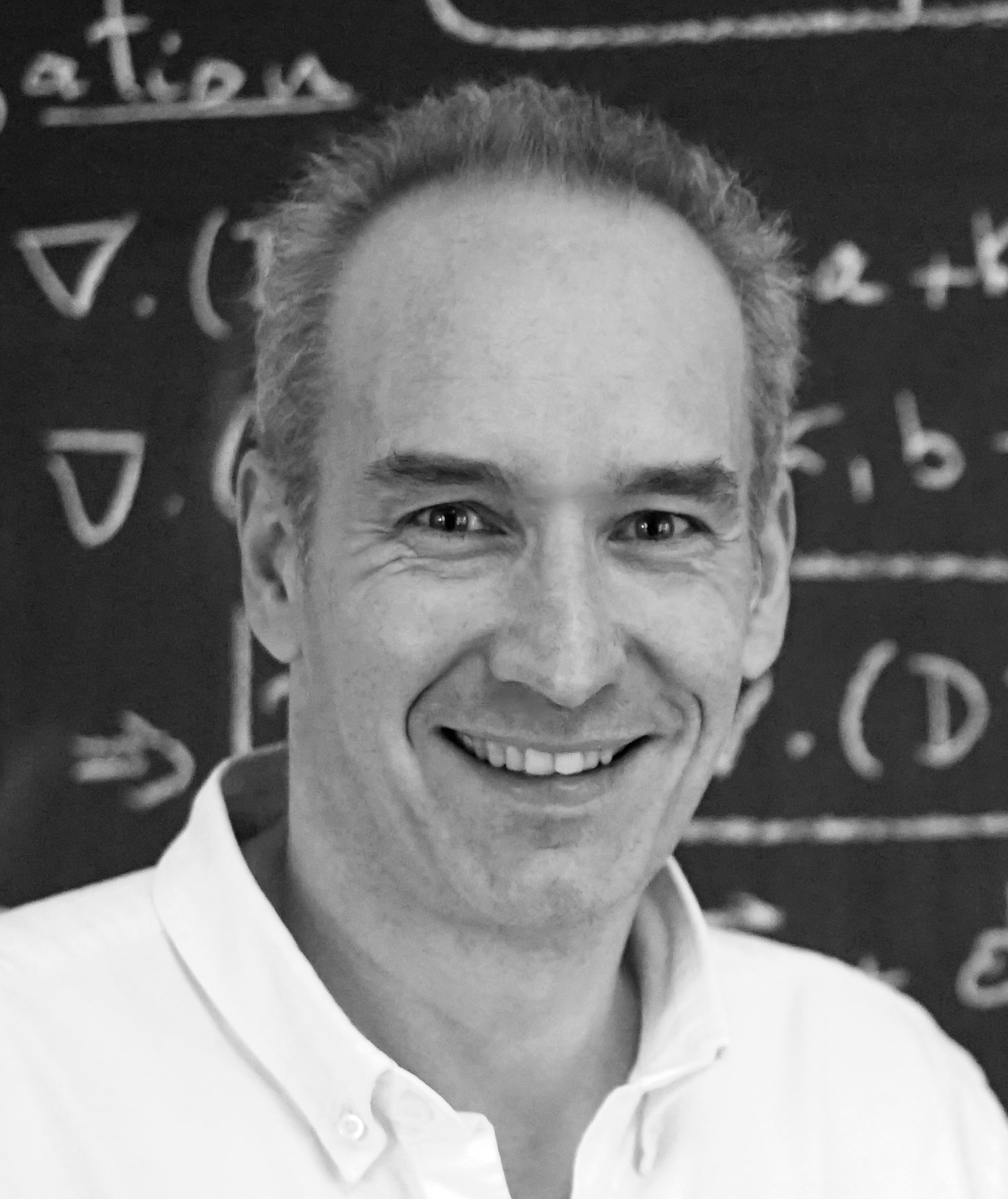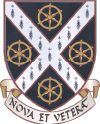The Alan Tayler Lecture 2022

Join us for the Alan Tayler Lecture 2022, taking place on Monday 28 November at 5pm in the Bernard Sunley Lecture Theatre.
Book your place here »
The Lecture
Professor Alain Goriely: From Neurons and Sunflowers to Actuators and Soft Robots: The Fascinating Dynamics of Active Materials
The natural and artificial world around us is full of active structures that respond to external stimuli and modify their internal structures to achieve specific functions. For instance, to survive plants rely on their ability to sense multiple environmental signals, such as gravity or light, and respond to them by shaping themselves in particular ways. Similarly, during development, neurons sense their environment to grow and interconnect different regions of the brain. Octopus arms and elephant trunks are other magnificent examples of the power and beauty of activated structures that guide soft robotics. In engineering structures, liquid crystal elastomers can be designed to respond to light or heat with enticing possibilities for new actuators and devices.
In this talk, I will discuss a general theory of material activation with a particular focus on slender geometries such as active filaments. In this approach, a unifying mathematical framework is proposed to model how multiple stimuli can be integrated at the microscopic level to produce changes at the macroscopic level. General principles for microstructure organisation and activation can then be obtained. More interestingly, this feedback loop of shape shifting based on external sources creates complex dynamics akin to natural behaviours and can be used to find elegant solutions to functional problems.
About Professor Alain Goriely FRS
Professor Alain Goriely is a mathematician with broad interests in dynamical systems, mathematical methods, mechanics, sciences, and engineering. He is well known for his contributions to fundamental and applied solid mechanics, and, in particular, for the development of a mathematical theory of biological growth.
He joined the University of Oxford in 2010 as the inaugural Statutory Professor of Mathematical Modelling and Fellow of St Catherine’s College. He is currently the Director of the Oxford Centre for Industrial and Applied Mathematics. In addition, Alain enjoys scientific outreach based on problems connected to his research including tendril perversion in plants, twining plants, umbilical cord knotting, whip cracking, the shape of seashells, brain modelling, and he is the author of A Very Short Introduction to Applied Mathematics. For his contribution to mathematics and sciences, he was elected Fellow of the Royal Society in 2022.
Itinerary
16.30 – Tea in the Bernard Sunley Foyer
17.00 – Lecture begins in the Bernard Sunley Lecture Theatre
18.00 – Drinks in the Bernard Sunley Foyer
About the lecture series
St Catherine’s College has a long tradition in applied and industrial mathematics and has hosted an annual series of lectures on Mathematics and its Applications since 1986. In 1995, the series was renamed in memory of Alan Tayler, in tribute to his efforts and achievements in this field. Alan was the first fellow in applied mathematics to be appointed at St Catherine’s. His lifelong commitment was to the practical application of mathematical ideas to problems in science and industry. His vision continues to inspire many national and international collaborations on the theme of mathematics-in-industry.
The Smith Institute for Industrial Mathematics and System Engineering provides system-level thinking underpinned by the mathematical sciences, combining academic excellence with business understanding. We enable companies and government to improve products, processes, services and strategy through the application of cutting-edge mathematical thinking. Alan was a founding member of the Institute’s Council in 1993. The Institute benefited greatly from his energy and vision, and we are delighted to support the annual Alan Tayler Lecture.
Date
28 November, 2022
Time
17:00:00
Venue
The Bernard Sunley Lecture Theatre

